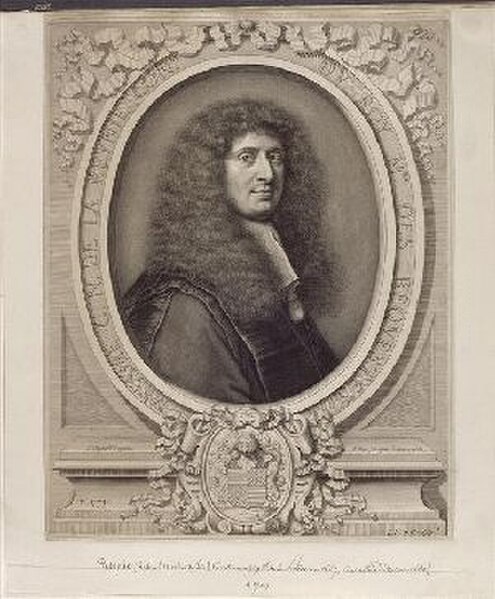The City of Glasgow Police or Glasgow City Police was the police covering the city and royal burgh of Glasgow, from 1800 to 1893, and the county of city of Glasgow, from 1893 to 1975. In the 17th century, Scottish cities used to hire watchmen to guard the streets at night, augmenting a force of unpaid citizen constables. On 30 June 1800 the authorities of Glasgow successfully petitioned the British Government to pass the Glasgow Police Act 1800 establishing the City of Glasgow Police. It served Glasgow from 1800 to 1975, when it was amalgamated into Strathclyde Police.
Glasgow Police badge
City of Glasgow Constable, 1800
City of Glasgow Constable, 1846
David Kirkwood being detained by Police during the Battle of George Square
The police are a constituted body of persons empowered by a state, with the aim to enforce the law, protect public order, and the public itself. This commonly includes ensuring the safety, health, and possessions of citizens, and to prevent crime and civil disorder. Their lawful powers encompass arrest and the use of force legitimized by the state via the monopoly on violence. The term is most commonly associated with the police forces of a sovereign state that are authorized to exercise the police power of that state within a defined legal or territorial area of responsibility. Police forces are often defined as being separate from the military and other organizations involved in the defense of the state against foreign aggressors; however, gendarmerie are military units charged with civil policing. Police forces are usually public sector services, funded through taxes.

German State Police officer in Hamburg, with the rank of Polizeihauptmeister mit Zulage ("police chief master with upgraded pay")
The Santas Hermandades of medieval Spain were formed to protect pilgrims on the Camino de Santiago.
Gabriel Nicolas de la Reynie, founder of the Prefecture of Police, the first uniformed police force in the world
Patrick Colquhoun, founder of the Thames River Police








